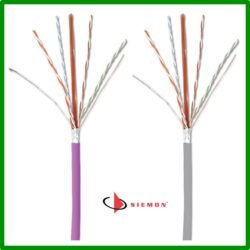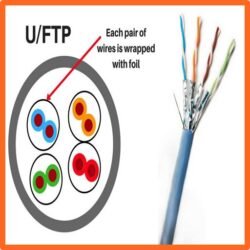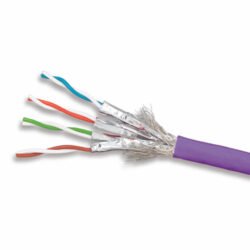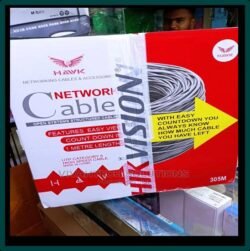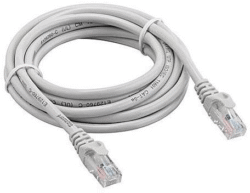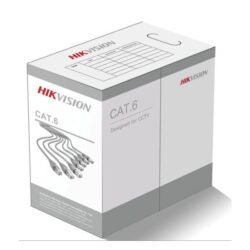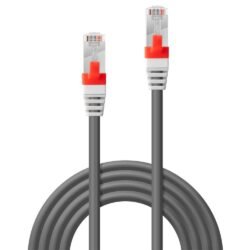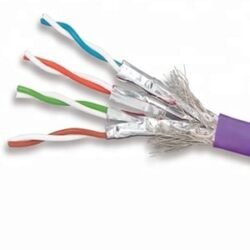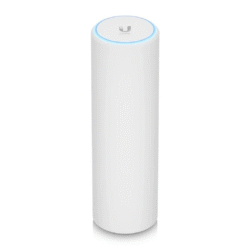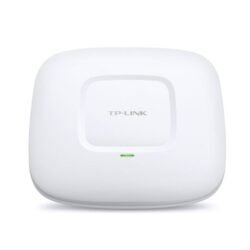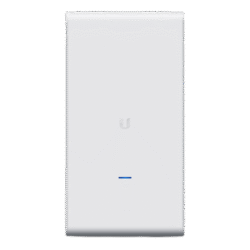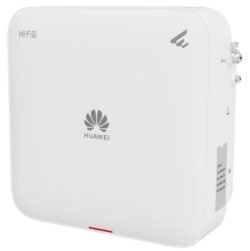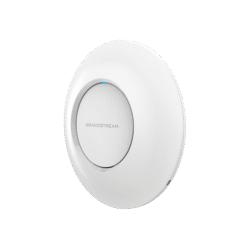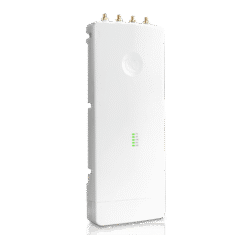Wired vs Wireless: Ethernet Cable vs WiFi in Kenya
For Kenyans deciding between an Ethernet cable and WiFi, the choice depends on your needs for speed, reliability, and security versus mobility and convenience
An Ethernet cable provides the best performance for demanding tasks, while WiFi offers the flexibility needed for most everyday use.
For most home users in Kenya, a hybrid approach of using both is the most effective solution. Use Ethernet for stationary devices and high-demand activities, and rely on WiFi for mobile devices and casual browsing.
Comparison: Ethernet cable vs. WiFi in Kenya
| Feature | Ethernet Cable (Wired) | WiFi (Wireless) Acess Point |
| Speed | Faster and more consistent. An Ethernet connection can deliver speeds closer to your internet plan’s maximum, with newer cables (Cat 6) supporting up to 10 Gbps over short distances. A wired connection bypasses wireless signal congestion common in urban areas like Nairobi. | Slower and less consistent. Speeds are affected by distance from the router, physical barriers like walls, and interference from other devices and networks. Even with modern standards like WiFi 6, speeds often fall short of a dedicated wired connection. |
| Reliability | More reliable. A direct physical link is not prone to signal drops or interference from other devices. This provides a stable connection critical for real-time applications like online gaming and video conferencing. | Less reliable. Subject to signal fluctuations and interference, which can cause connection drops or slowdowns. For instance, in areas with a high density of networks, signal degradation can be a significant issue. |
| Latency | Lower and more consistent latency. The direct data path significantly reduces lag, a critical factor for online gaming and video calls. A lower ping is a key reason gamers prefer a wired connection. | Higher latency. Since data is transmitted through radio waves and shared frequencies, WiFi introduces minor delays (lag). While often negligible for casual browsing, it can negatively impact real-time applications. |
| Security | More secure. Data transmitted over a physical cable is much more difficult for hackers to intercept, as they require physical access to your network. | Less secure. Despite advancements in encryption (WPA3), wireless signals can be more vulnerable to interception and hacking attempts. Public WiFi hotspots are particularly insecure. |
| Mobility | Limited mobility. Your device is tethered to the router by a cable, restricting your movement. While ideal for stationary devices, this is impractical for laptops, smartphones, and other mobile devices. | Maximum mobility and convenience. Offers the freedom to move devices anywhere within the signal range of your router, which is its single greatest advantage. |
| Installation | More complex. Requires running physical cables, which can be messy and may involve drilling or professional installation, especially for large spaces. However, for a single device near the router, it’s a simple plug-and-play. | Simpler and more flexible. Setting up a WiFi network is generally straightforward and doesn’t require complex cabling, making it easier to deploy and scale. |
Recommendations for users in Kenya
Choose Ethernet for:
- Stationary devices: Desktop computers, smart TVs, and gaming consoles will all benefit from a more stable, faster wired connection.
- Competitive online gaming: The lowest latency and most stable connection is essential for a smooth gaming experience without lag.
- High-definition streaming and video conferencing: A reliable wired connection prevents buffering and dropped calls, ensuring clear and consistent quality.
- Secure environments: Businesses or home offices handling sensitive data can rely on the enhanced security of a wired connection.
Rely on WiFi for:
- Mobile devices: Smartphones, tablets, and laptops require the freedom and convenience of a wireless connection.
- Everyday browsing: For casual tasks like browsing social media, checking emails, and light web browsing, WiFi is more than sufficient.
- Convenience: For users who value mobility and a clutter-free setup over maximum performance, WiFi is the best choice.
- Widespread coverage: In homes or offices with multiple devices, WiFi is necessary to provide internet access across different rooms.
Final Is wired Ethernet better than WiFi?
Ethernet gives you better speed, lower latency, and a more reliable connection. Wi-Fi is more convenient for mobile devices, but is prone to interference. Deciding which one better depends on what you want to do;
Considerations in Kenya:
- Interference:
Wi-Fi can be affected by physical obstructions and interference from other devices, which can degrade performance.
- Infrastructure:
Wired networks require planning and can be costly to install, especially in existing buildings.
- Bandwidth:
Wired connections are generally faster and more reliable, while Wi-Fi speeds can vary depending on signal strength, distance, and network congestion.



